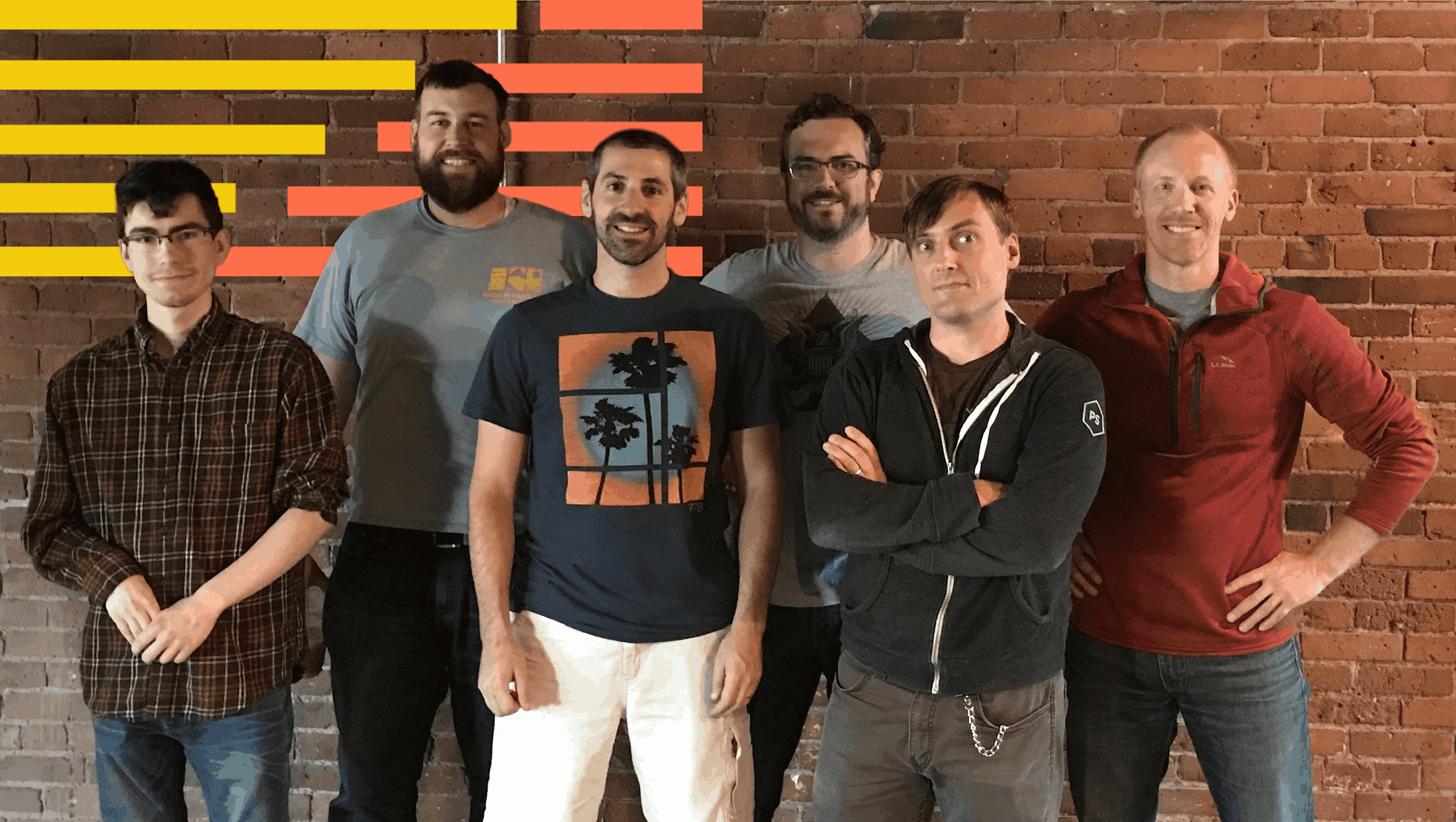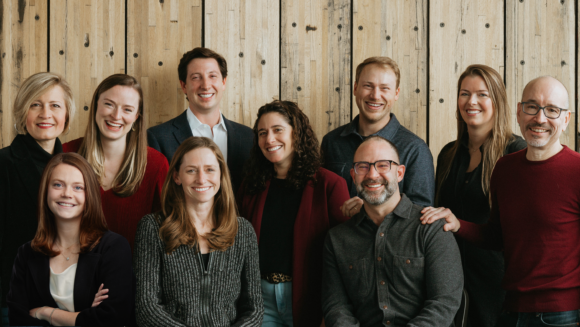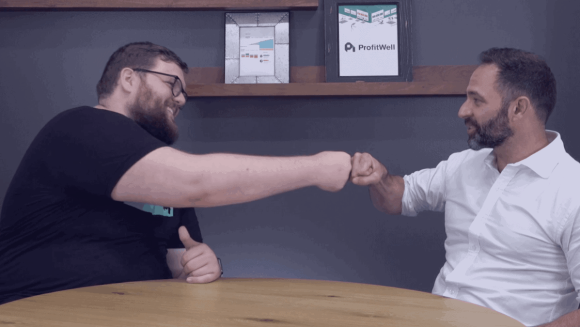Introducing our latest series A investment in CloudZero
As businesses move their infrastructure, applications and business processes to the cloud for scale, cost and competitive advantage, the risk and potential for increased complexity, uncertainty and unexpected behavior multiplies dramatically.
This unexpected system behavior emerges as businesses evolve their infrastructure to leverage cloud services and deploy their own microservices, APIs, and serverless technology. The complexity of the systems compound and the ability to maintain trusted reliability throughout the system and its lifecycle becomes impossible to achieve and maintain.
The result of this is easy to see today with major system outages having become all too frequent and increasingly unpredictable. The unfortunate outcome of all of this is the loss of revenue, customers and reputation, or worse, bringing the business completely to a halt because the complexity of our systems has exceeded our ability to manage and control them.
Cloud Outages Translate to Business Outages
CRN reports annually on the 10 Biggest Outages: “every business is becoming a software business, [and] cloud outages translate to business outages. As enterprises migrate more mission-critical workloads into production cloud environments, mere minutes of downtime from a provider can significantly impact profits, damage relations with customers, and cause IT administrators to prematurely age.”
So far in 2017 major outages have affected IBM, Facebook, Microsoft Azure, Microsoft Office 365, Amazon Web Services, Lululemon, Microsoft Skype and Apple iCloud and most importantly the millions of customers. The Amazon S3 outage in February was acutely painful and affected most of the east coast for more than 8 hours. In Metro-Boston, cloud companies found their systems down or they lost use of other AWS hosted services during this time. These examples of reliability issues only scratch the surface of the volume of outages experienced every day because these were just the very public incidents. There is nowhere to hide. If these sophisticated technology-based organizations can’t get it right, the problem is likely seriously impacting companies of all sizes across all industries. However these are public examples in low volumes. Most outages occur on a smaller scale in very high volumes in private. As the number of individual parts in a system increase, more outages occur between the parts (i.e. emergent behavior). These reliability issues aren’t any less important, they just result in chaos in various parts of your system. If your system is in chaos, how can it be trusted?
CloudZero’s site reliability management platform is built to address the problem of trusted reliability. Systems must be resilient, available, and secure. CloudZero’s platform is for engineers and teams responsible for development, operations, and security, those who need to discover and correct undesirable behavior and know why that behavior exists in their cloud environments. CloudZero’s SaaS platform continuously models the changing surface of a cloud environment providing insights to manage and deliver trusted reliability, before trust is compromised.
The Trust and Reliability Problem is Big and Getting Bigger
From CloudZero’s perspective, your application and cloud environment are very much like the airplane and the atmosphere. Initially, airplanes were simple and they evolved over time into very complex systems where reliability in flight became a matter of life and death for hundreds of passengers. Similarly, cloud systems were initially simple to manage and now they have evolved to become complex systems, perhaps rivaling that of an airplane, however they have not achieved anywhere near the level of trusted reliability found in the airline industry, and that needs to change. As businesses evolve their infrastructure and deploy serverless technology and hundreds (if not thousands) of microservices and APIs, the complexity of the systems compound and the need to maintain trusted reliability is similar to that of an airplane. Complexity breeds more complexity and it will never end. Site Reliability Management is the technology that will predict and proactively find trouble amid the complexity before it affects your system. Unlike any other technology, the CloudZero platform predicts system fragility so that engineers may proactively optimize system reliability before trust is compromised.
For Trust and Reliability, CloudZero Represents The First and Only Solution to Manage This Complexity
Unlike any other technology, the CloudZero platform predicts system fragility so that engineers may proactively optimize system reliability before trust is compromised. Teams can now manage system performance, availability and resiliency in cloud environments while making sure that the systems can scale and keep performing — even when the cloud environment they are running in is unpredictable, chaotic and growing rapidly. CloudZero’s SaaS platform continuously models the changing surface of cloud environments and the impact of ongoing emergent behavior so that organizations have insightful information to optimize system reliability. In this increasingly cloud dependent world, the need for trusted cloud intelligence at scale requires development, operations and security to be fully integrated: CloudZero enables this.
Early customer feedback gave us these types of responses and validation –
“CloudZero is like a “Cloud Data Recorder” that can tell me everything that led up to the moment of failure”
“You’re not just telling me what’s wrong with my cloud architecture, you’re telling me what to do about it”
Working Together from the Earliest Stage
CloudZero’s founders brought impressive credentials. They are multi-disciplinary, proven, highly cohesive and complementary to each other with multiple startup successes throughout their careers. The three key executives (Erik Peterson, Matt Manger, and Alex Zavorski) had all worked together at Veracode (acquired by CA Technologies for $614m) solving security challenges for the world’s leading and largest companies.
When the company was founded, they had a vision but did not yet have a product or validation of the need. We joined with them, offered them working space in our offices and guided access to our Core community to test their ideas, and validate the market need. Once their vision was validated with our DevOps and Security Cores, we seeded them to define and evolve their solution with customers, and ultimately went on to the full $5m Series A round to enable them to hire a broader team and build the company.
Working alongside each other in our offices has proven to be both rewarding and great fun, as we have shared day to day discussions, enthusiasm for building and growing the team and building out the solution. In Erik’s words:
“As partners, we brought equal but very different and complementary contributions and resources to the challenge.”
Meanwhile throughout this, we have maintained the commitment we made to Erik, that we are here to underscore CloudZero and Erik’s vision, regardless of the help and guidance we can offer.
An Aligned Community Alongside
Although the headline of their news is that they are backed by Underscore VC and Matrix, the real story is that they are also backed by many members of our Core Community who have not only invested alongside but are committed to work with the team at Cloud Zero to assure success in the market. Core Members on the CloudZero team include:
Bob Brennan (CEO, Veracode), Corey Thomas (CEO, Rapid7), Don Bulens (frmr. CEO, Unidesk), James Chilton (CIO, Cengage Learning), Chris Eng (VP Research, Veracode), Tom Erickson (CEO, Acquia), Chris Wysopal, CTO, Veracode, Ben Kehoe (iRobot), Greg Nicastro (Veracode), Bryan House (frmr. Chief of Staff, Acquia, now Underscore VC EIR), and more!
Looking Ahead
The company will use the funds to grow its enterprise SaaS platform, build support for its open source community and open its company headquarters in Boston. The team two weeks ago just moved out of our offices into their own office space in Boston. Interestingly they moved into space that another of our portfolio companies, Zaius, just vacated because they outgrew it due to rapid business growth and ramped up hiring.
We wish CloudZero the same!
For the full press release, please visit CloudZero.com.







